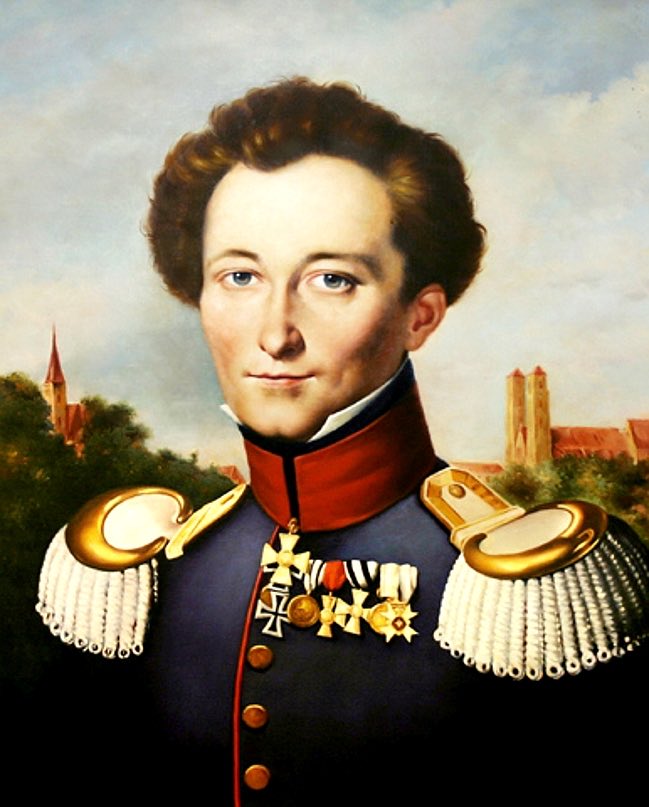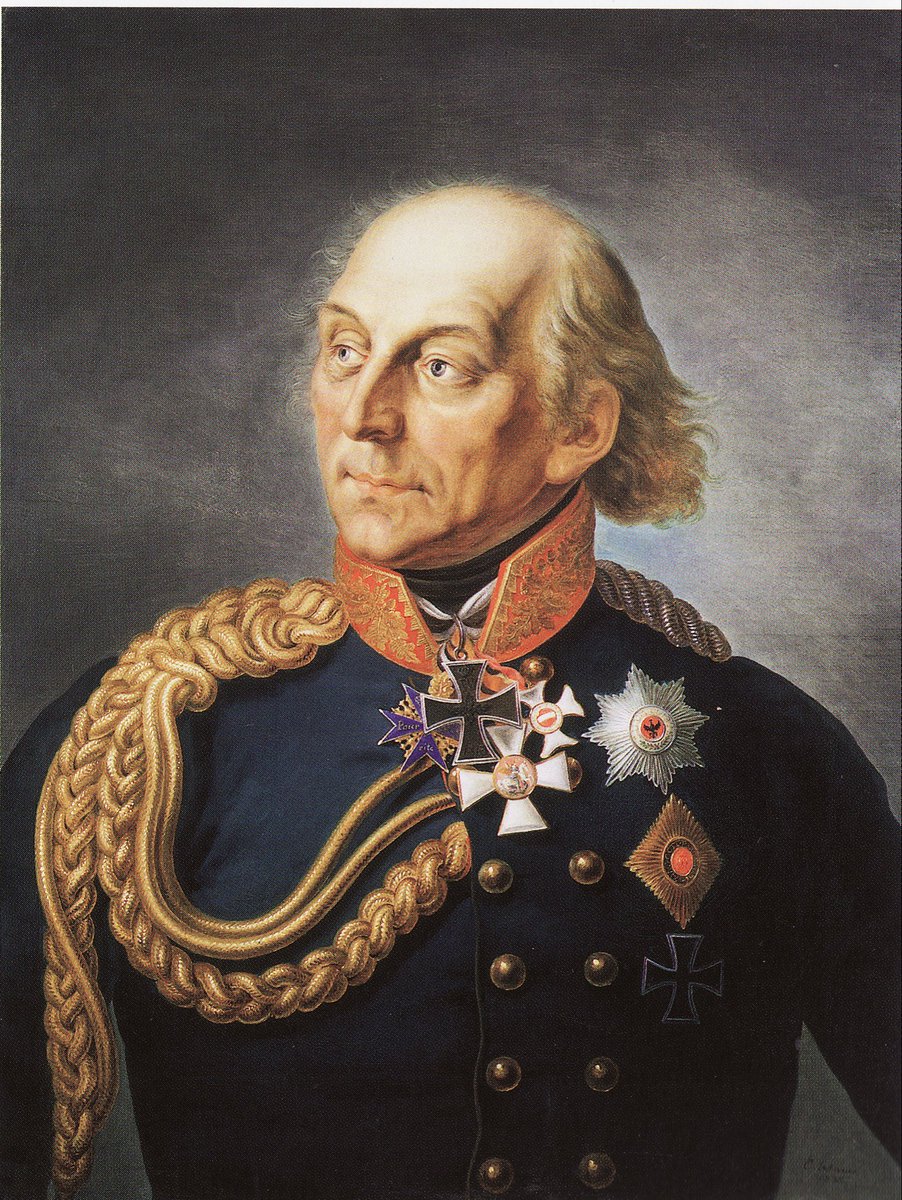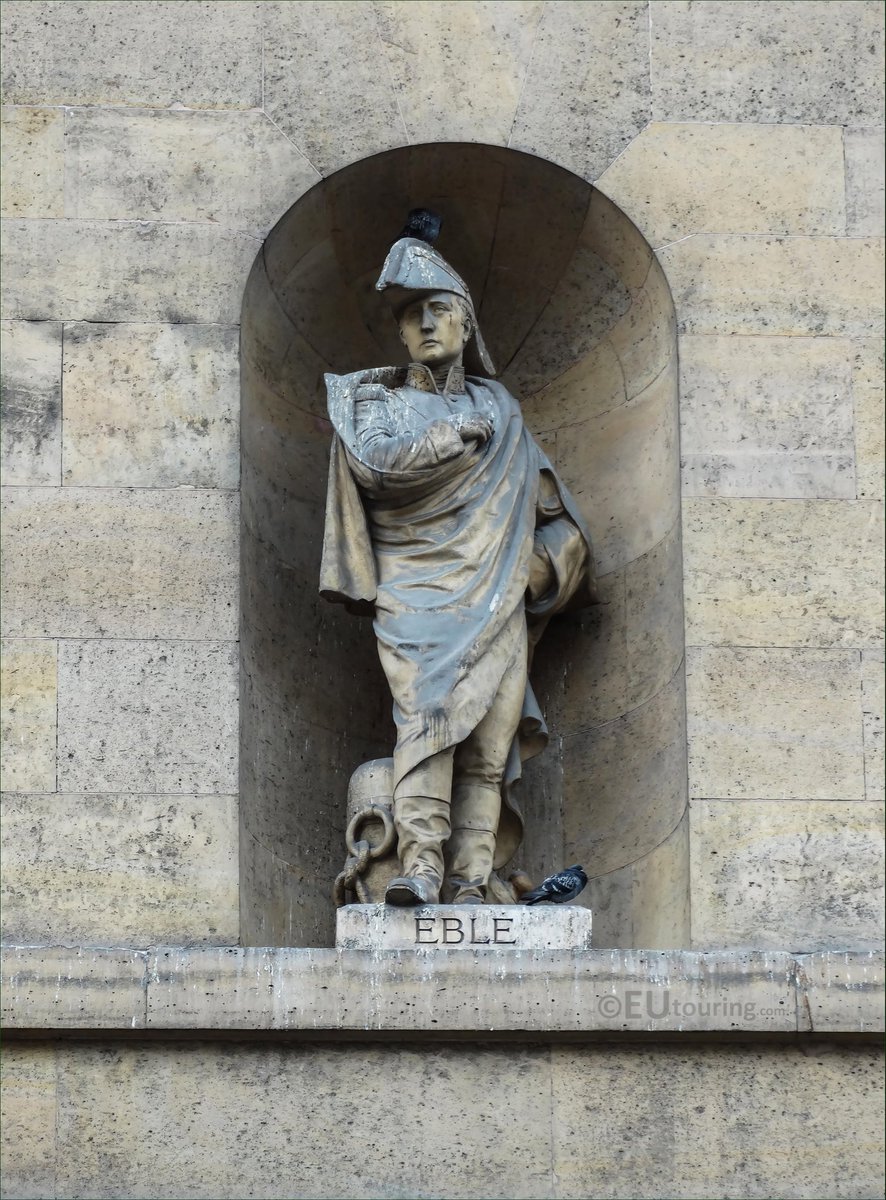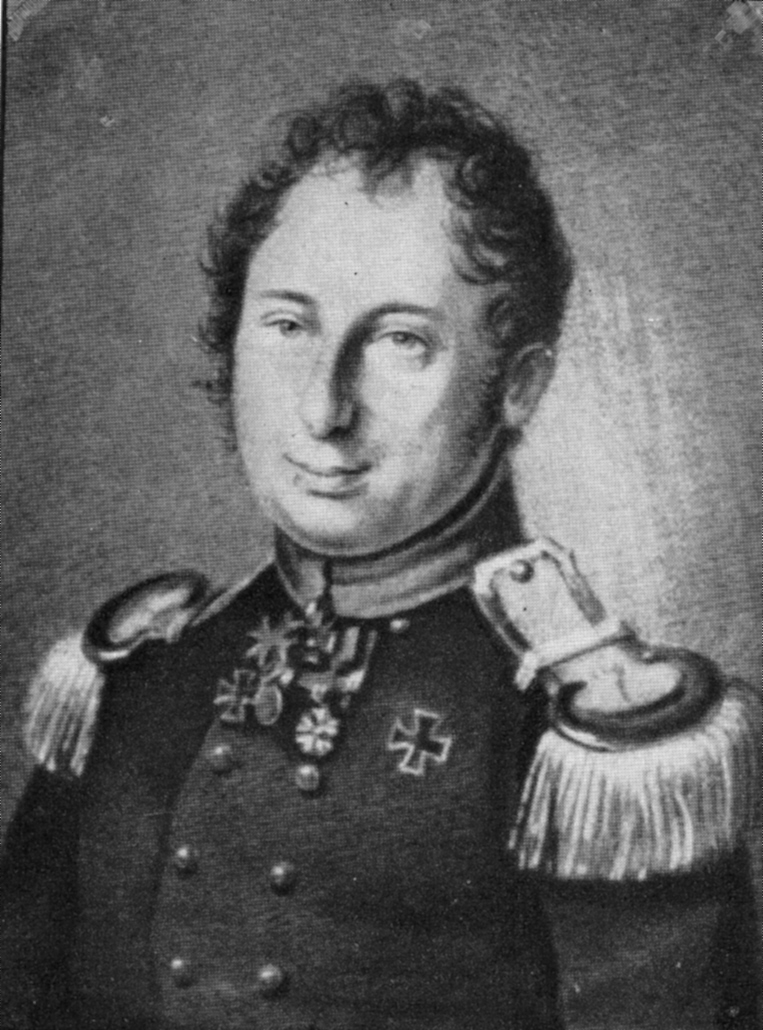
#OTD 29 December, 1812, Macdonald held onto Tilsit, making every futile effort to hear back from Yorck.
At night, Clausewitz presented an ultimatum to Yorck at Tauroggen-to immediately swear his commitment or put his army at Wittgenstein’s disposal.
#Voicesfrom1812
At night, Clausewitz presented an ultimatum to Yorck at Tauroggen-to immediately swear his commitment or put his army at Wittgenstein’s disposal.
#Voicesfrom1812

At Tilsit, Macdonald aimlessly waited for any dispatch from Yorck, who was supposed to be marching from Tauroggen. But his apprehensions multiplied as “the officers, and the orders which he sent them, were vainly multiplied; no news of Yorck transpired.”
(Segur)
(Segur)
The Marshal recounted the inklings of the impending betrayal:
“I sent in all directions after General Yorck. Two days previously he ought to have arrived at Taurogen to support my advance-guard, which had quitted it in the morning; they had no news of him.”
(Macdonald)
“I sent in all directions after General Yorck. Two days previously he ought to have arrived at Taurogen to support my advance-guard, which had quitted it in the morning; they had no news of him.”
(Macdonald)
A day ago, he had made an unnecessary stop at Tilsit for the sake of resting his troops and allowing Yorck’s rearguard to catch up-at the cost of exposing himself, for the second time, to the enemy who had crossed the Neman by a force march on the road to Königsberg.
(Ibid)
(Ibid)
On this day, Wittgenstein arrived at Löbegallen, only five miles away from the road spanning through Schillupischken, Tilsit, Insterburg, and Königsberg.
Thus, each day of delay put Macdonald’s French troops closer to the danger of encirclement by Wittgenstein and Diebitsch.
Thus, each day of delay put Macdonald’s French troops closer to the danger of encirclement by Wittgenstein and Diebitsch.
While Macdonald was beset with anxiety, Diebitsch longed to secure a definitive guarantee of alignment from Yorck.
For this purpose, Clausewitz again visited his headquarter in Tauroggen with “two written communications, which were to be considered as an ultimatum.”
(Clau.)
For this purpose, Clausewitz again visited his headquarter in Tauroggen with “two written communications, which were to be considered as an ultimatum.”
(Clau.)
Pestered by Clausewitz’s appearance, the general yelled,
"Keep off from me; I will have nothing more to do with you: your d—d Cossacks have let a letter of Macdonald's pass through them, which brings me an order to march on Piktupöhnen, in order there to effect our junction.

"Keep off from me; I will have nothing more to do with you: your d—d Cossacks have let a letter of Macdonald's pass through them, which brings me an order to march on Piktupöhnen, in order there to effect our junction.


All doubt is now at an end; your troops do not come up; you are too weak; march I must, and I must excuse myself from all further negotiations, which may cost me my head."
The unwelcome envoy, trying to calm Yorck down, pleaded that he wanted nothing but a candle.
(Ibid)
The unwelcome envoy, trying to calm Yorck down, pleaded that he wanted nothing but a candle.
(Ibid)
Yorck gave in to the sincerety demonstrated by the young officer, who went to unfold the two letters.
Amidst dark, under a scant candlelight, the hard-faced general had Colonel Roeder, his Chief of Staff, read them aloud.
Amidst dark, under a scant candlelight, the hard-faced general had Colonel Roeder, his Chief of Staff, read them aloud.

The first letter, written by Wittgenstein’s Chief of Staff D’Auvray, reproached Diebitsch “for not having sooner brought the transaction with General Yorck to a conclusion” when Wittgenstein’s vanguard under Scheppelow was scheduled to reach Schillupischken on the 31st.
(Ibid)
(Ibid)
In other words, Wittgenstein would be ready to cut Macdonald off from the road to Königsberg in three days.
Time was ticking against Yorck; in the remainder of his urgent dispatch, D’Auvray specifically instructing Diebitsch to inform Yorck without compromise, that:
Time was ticking against Yorck; in the remainder of his urgent dispatch, D’Auvray specifically instructing Diebitsch to inform Yorck without compromise, that:
“he should remain inattentive to them, and decline to put an end to his indecision, he would be treated like any other hostile commander [Macdonald], and all question of friendly agreement on any conditions would henceforth cease.”
(Ibid)
(Ibid)
The second letter was that composed but Macdonald on 10 December, intended for Maret but intercepted by Wittgenstein’s army.
The first part contained Macdonald’s desperate plea to verify whether the main army had really retreated from Kovno, leaving himself clinging to Riga.
The first part contained Macdonald’s desperate plea to verify whether the main army had really retreated from Kovno, leaving himself clinging to Riga.
It was the remainder of the letter which was, as Clausewitz explains, “calculated at the least to call up in General Yorck's mind all the feelings of bitterness, which perhaps for some days past had been diminished by the consciousness of his own behaviour towards the writer.”
Macdonald was pressed for a swift action, for his operation in the Riga front was already compromised by the suspension of communication with the Prussians. Yet it was imperative that, if the report from Kovno is true, he retreat with the Prussians-lest his force becomes halved.
Long given up reconciling with Yorck, the Marhsal ended up making a self-fulfilling prophesy:
“The shell has burst at last with General Yorck; I have thought, that under such circumstances as are accredited, without being repudiated by the gentlemen of the Prussian staff,
“The shell has burst at last with General Yorck; I have thought, that under such circumstances as are accredited, without being repudiated by the gentlemen of the Prussian staff,
it was my duty to show more firmness. The body is sound, but they are spoiling it; the spirit is prodigiously changed; but a few favours, some rewards, and I shall easily set it up again, provided always, that the officers I designate are promptly removed:
they will not be regretted, two thirds of the army detest them.”
After a brief, disquieting pause, Yorck cried out.
"Clausewitz, you are a Prussian; do you believe that the letter of General D'Auvray is sincere…Can you give me your word of honour to this?"
After a brief, disquieting pause, Yorck cried out.
"Clausewitz, you are a Prussian; do you believe that the letter of General D'Auvray is sincere…Can you give me your word of honour to this?"
Clausewitz gave his reply, marked by his cynical candor:
“I pledge myself for the sincerity of this letter…Icertainly cannot pledge myself; for your Excellency knows that in war we must often fall short of the line we have drawn for ourselves."
(Ibid)
“I pledge myself for the sincerity of this letter…Icertainly cannot pledge myself; for your Excellency knows that in war we must often fall short of the line we have drawn for ourselves."
(Ibid)
The general, pallid with bewilderment, finally conceded:
"You have me. Tell General Diebitsch that we must confer early to-morrow at the mill of Poscherun, and that I am now firmly determined to separate myself from the French and their cause.”
"You have me. Tell General Diebitsch that we must confer early to-morrow at the mill of Poscherun, and that I am now firmly determined to separate myself from the French and their cause.”
The time of the meeting, to be named the Convention of Tauroggen, was set at 8 a.m. on the morrow.
When Clausewitz assured him that his regiment was rejoicing about “riddance from the French alliance,” the general blurted out with a mixture of relief and scorn:
When Clausewitz assured him that his regiment was rejoicing about “riddance from the French alliance,” the general blurted out with a mixture of relief and scorn:
"You young ones may talk; but my older head is shaking on my shoulders.”
York has been won over.
Thrilled by his diplomatic feat, Clausewitz hurried back to Diebitsch’s headquarter in Willkischken.
(Ibid)
York has been won over.
Thrilled by his diplomatic feat, Clausewitz hurried back to Diebitsch’s headquarter in Willkischken.
(Ibid)

Major Donnersmarck, Yorck’s aide-de-camp dispatched on the 26th to inform General von Bülow of the proceedings, arrived in Berlin in the same evening.
He entered Bülow’s headquarter with the long awaited news-France would become their enemy within days.
(Leggiere)

He entered Bülow’s headquarter with the long awaited news-France would become their enemy within days.
(Leggiere)


Napoleon, in the meantime, had written a conciliatory letter to his prisoner at Savona:
“To Pope Pius VII
Most Holy Father, I hasten to send you an officer of my household to express to your Holiness the satisfaction I feel…concerning the state of your health…
“To Pope Pius VII
Most Holy Father, I hasten to send you an officer of my household to express to your Holiness the satisfaction I feel…concerning the state of your health…

Perhaps we shall be able to arrive at the long-wished-for end, and to settle all the differences which divide the Church and State.”
The Emperor, to “establish the superiority of the fourth dynasty,” sought a “new concordat despoiling him of his temporalities.”
(Fouche)
The Emperor, to “establish the superiority of the fourth dynasty,” sought a “new concordat despoiling him of his temporalities.”
(Fouche)

-The End-
@threadreaderapp Unroll.
• • •
Missing some Tweet in this thread? You can try to
force a refresh
















